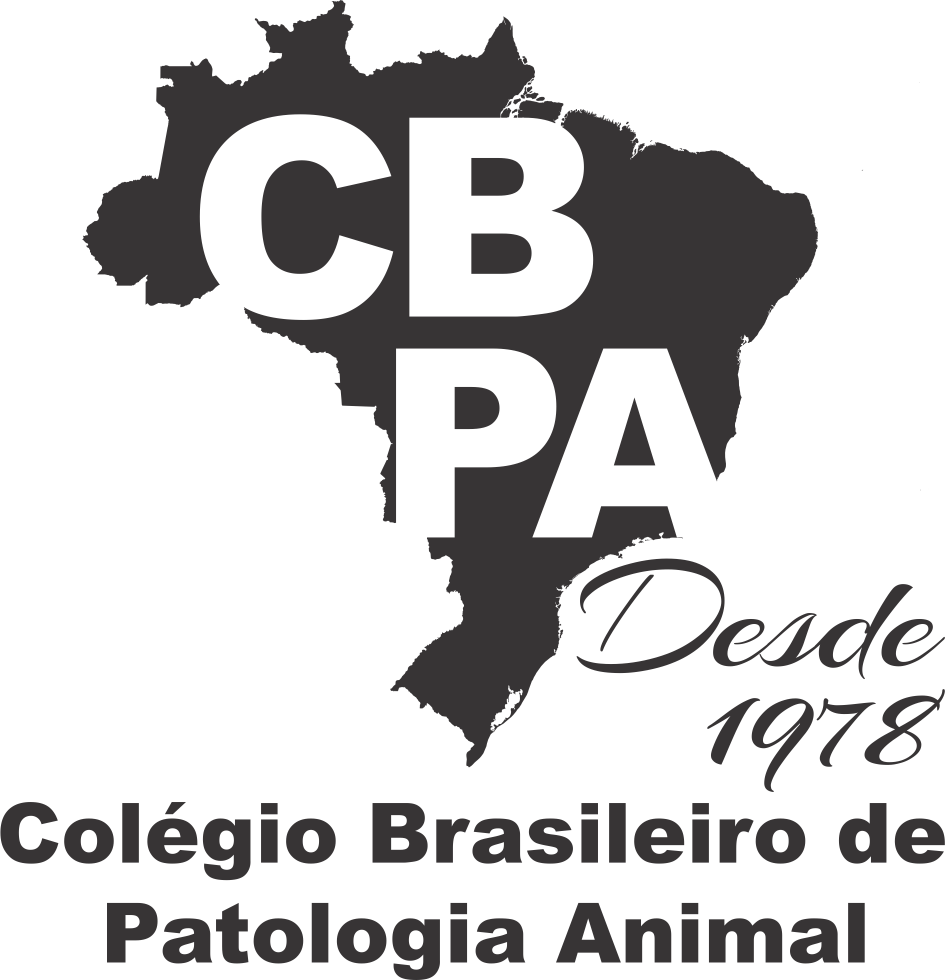Resultado da pesquisa (2)
Termo utilizado na pesquisa reproductive swine herds
#1 - Eradication of Aujeszky's disease virus from reproductive swine herds using the test-and-removal method of antibody-positive pigs
Abstract in English:
Five reproductive herds and an Artificial Insemination Center with swine that had precipitating and/or neutralizing antibody for Aujeszky's disease virus (ADV) were identified in the State of Santa Catarina. ADV was eradicated on the basis of repeated testing followed by identification and removal of swine with antibody to ADV. The rates of infection detected in these herds were, respectively, 17%, 1.5%, 21.1%, 2.1%, 5.2% and 0.4%. The identification of antibody positive swine was initially made utilizing the plate immunodiffusion (ID) test and later, using the micro serumneutralization test associated or not to the ID test. In three herds, ADV was eradicated after the removal of antibody-positive swine identified in the first testing, indicating lack of lateral spread of the ADV strains involved. In two herds, ADV was eradicated only after the removal of positive swine identified in the second testing, indicating little lateral spread of the viruses involved. In one herd, ADV was only eradicated after the removal of antibody-positive swine identified in the third testing. The intervals between consecutive testings, varied between four and 28 weeks. It is concluded that ADV can be eradicated from infected herds through repeated testing and the immediate removal of swine with antibody for ADV.
Abstract in Portuguese:
No Estado de Santa Catarina, foram identificados cinco plantéis de reprodutores e uma Central de Inseminação Artificial que possuíam suínos com anticorpos precipitantes e/ou neutralizantes para o vírus da doença de Aujeszky (VDA). A erradicação baseou-se na testagem repetida, identificação e remoção de suínos com anticorpos para o VDA. As taxas de infecção detectadas nos seis plantéis foram, respectivamente de: 17; 1,5; 21,1; 2,1; 5,2 e 0,4%. A identificação dos suínos com anticorpos foi realizada, inicialmente, utilizando-se o teste de imunodifusão em placa e, posteriormente, através do teste de soroneutralização em microplacas, associado ou não ao teste de imunodifusão. Após a primeira testagem, foi possível erradicar o VDA em três destes plantéis, através da identificação e remoção dos suínos com anticorpos, indicando a não ocorrência da disseminação lateral dos VDA envolvidos. Em dois plantéis, o VDA foi erradicado somente após a remoção de suínos positivos, identificados na segunda testagem, indicando escassa disseminação lateral dos vírus envolvidos. Em um plantel, o VDA somente foi erradicado após a remoção dos suínos com anticorpos, identificados na terceira testagem. Os intervalos entre testagens consecutivas, variaram entre quatro e 28 semanas. Concluiu-se que o VDA pode ser erradicado de plantéis infectados através de testagem repetida e a imediata eliminação de suínos portadores de anticorpos para o VDA.
#2 - Seroepidemiological survey of transmissible gastroenteritis virus in reproductive swine herds in the State of Santa Catarina
Abstract in English:
A seroepidemiological suivey utilizitig the micro serum neutralization test for the detection of antibodies to transmissible gastroenteritis (TGE) virus was carried out on 5859 swine sera obtained from 59 of the 70 reproductive herds, registered with the Swine Breeding Association of Santa Catarina, distributed in 24 counties within the state. When tested undiluted and in the 1 :2 and 1 :4 dilutions, none of the 403 sera obtained from boars contained antibody, while of the 5451 sow sera tested, 5444 were devoid of antibody, five were toxic for the indicator cells and two had a neutralizing activity up to the 1 :2 dilution. Testing of a second sample obtained from these two pigs revealed that they were free of antibody. The results of this suivey indica te that the reproductive swine herds of the State of Santa Catarina tested in the present study are free of infection with TGE virus.
Abstract in Portuguese:
Foi realizado um inquérito soro-epidemiológico utilizando o microteste de soroneutralização para a detecção de anticorpos para o vírus da gastroenterite transmissível (TGE) em 5859 soros suínos obtidos de 59 dos 70 plantéis de reprodutores registrados na Associação Catarinense de Criadores de Suínos (ACCS), distribuídos em 24 municípios do Estado de Santa Catarina. Quando testados não diluídos e nas diluições de 1 :2 e 1 :4, nenhum dos 403 soros obtidos de cachaços continham anticorpos, enquanto que, dos 5451 soros de porcas testados, 5444 estavam isentos de anticorpos, cinco foram tóxicos para as células indicadoras e apenas dois possuíam uma atividade neutralizante até a diluição de 1 :2. A testagem de uma segunda amostra destes dois suínos revelou que eram livres de anticorpos. Os resultados do inquérito indicam que os plantéis de reprodutores suínos do Estado de Santa Catarina testados no presente estudo, encontram-se livres da infecção com o vírus da TGE.









